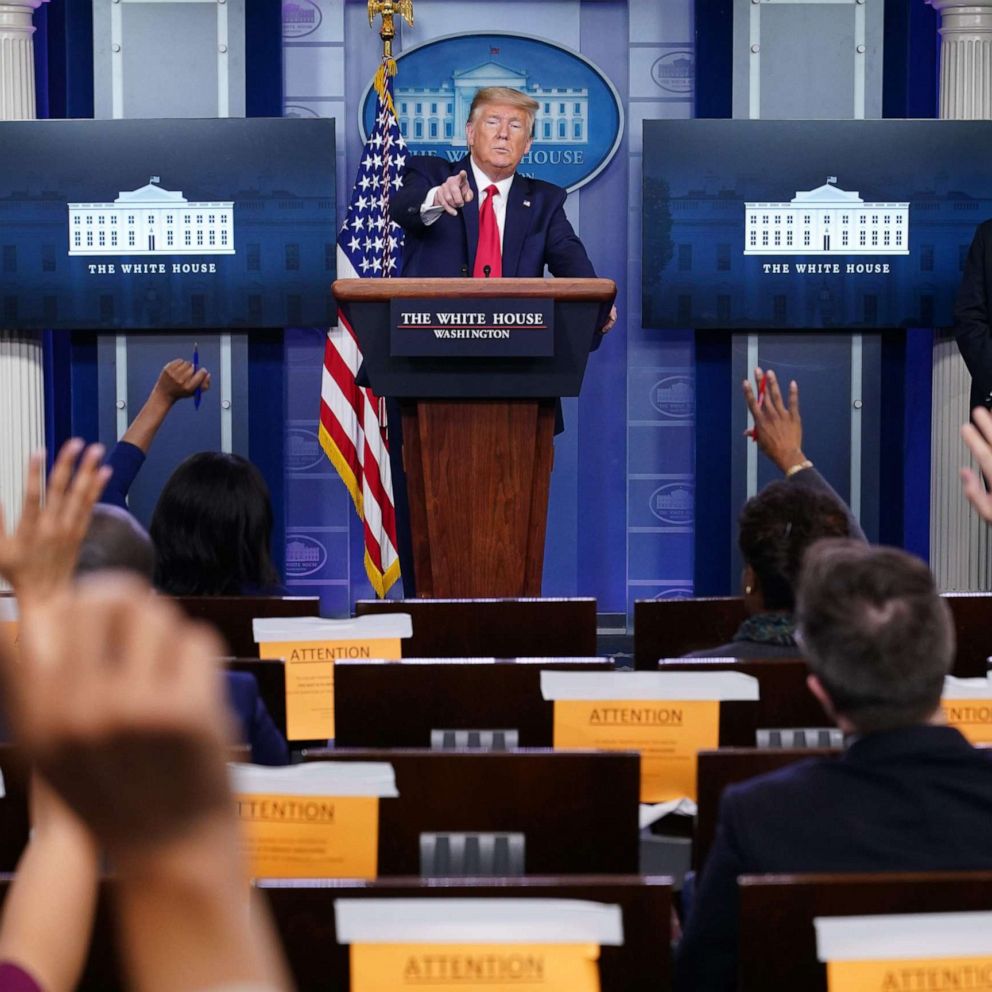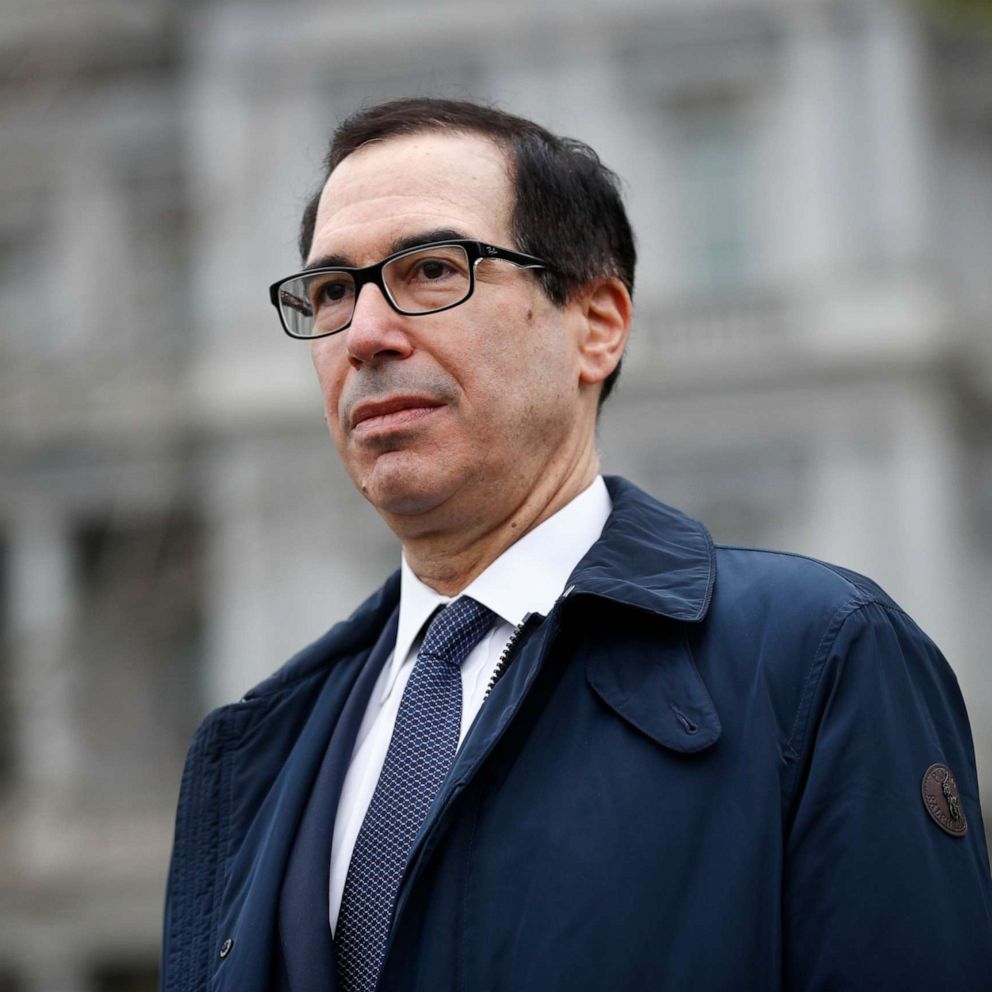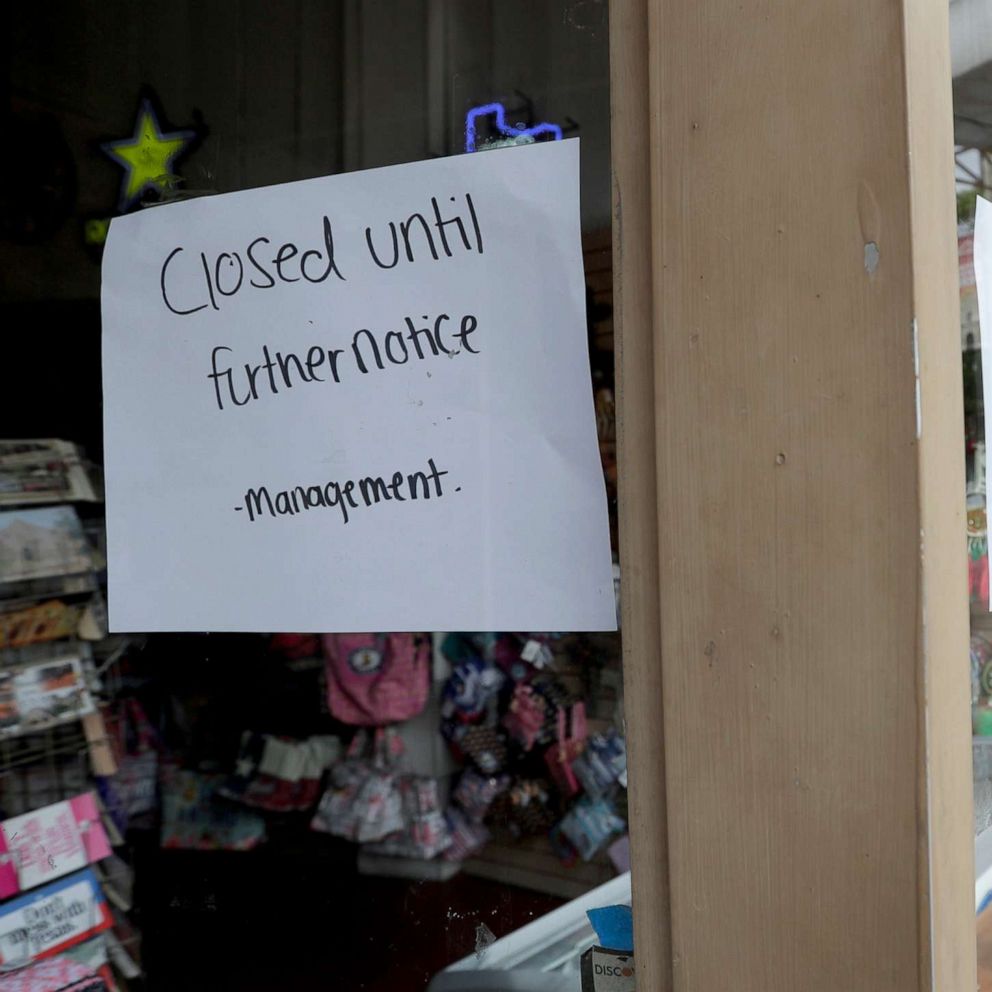'Sharks fighting against minnows': Big and small businesses vie for same pool of federal funds
Small businesses are fighting for money to pay out-of-work employees.
When Brandon Lindley applied for a low-interest, forgivable loan through the federal government's Paycheck Protection Program, he was hoping to borrow enough money to be able to pay the handful of workers split across his two sandals stores, and a few of the bills that continue to pile up while his shops are shuttered due to the novel coronavirus.
He didn't know that businesses with thousands of employees and hundreds of locations would be eligible for the same funds.
"We're not on the same playing field," Lindley said. "You look at the size: We have nine employees and two managers and that's it."
On the other hand, the diner-style restaurant chain Denny's had more than 1,700 locations and over $500 million in operating revenue last year, according to SEC filings. It is also eligible for the program, and a spokesperson told ABC News, "Denny's is looking into all available remedies," including "analyzing all available options under recent federal stimulus programs."
The Paycheck Protection Program was established as part of the $2 trillion stimulus package targeted at offsetting the economic impact of the COVID-19 pandemic with $350 billion carved from that enormous sum to serve as a lifeline in the form of loans for businesses with 500 employees or fewer. But that legislation also allows for businesses in the hotel and restaurant industry -- regardless of their size -- to apply for money from the same pot. Some worry the disparity among applicants will leave small businesses empty handed.
Rhonda Abrams, the founder of PlanningShop, an educational source for entrepreneurs in Southern California, said bigger businesses are better positioned to sift through what can be a complicated application process and ultimately be approved for a loan quickly because they have more resources.
"They have bookkeepers, accountants and payroll records. They're able to get to the front of the line pretty easily," Abrams said. "Their need is great. I'm not saying they shouldn't be helped. But you have sharks fighting against minnows in the same pool of water."
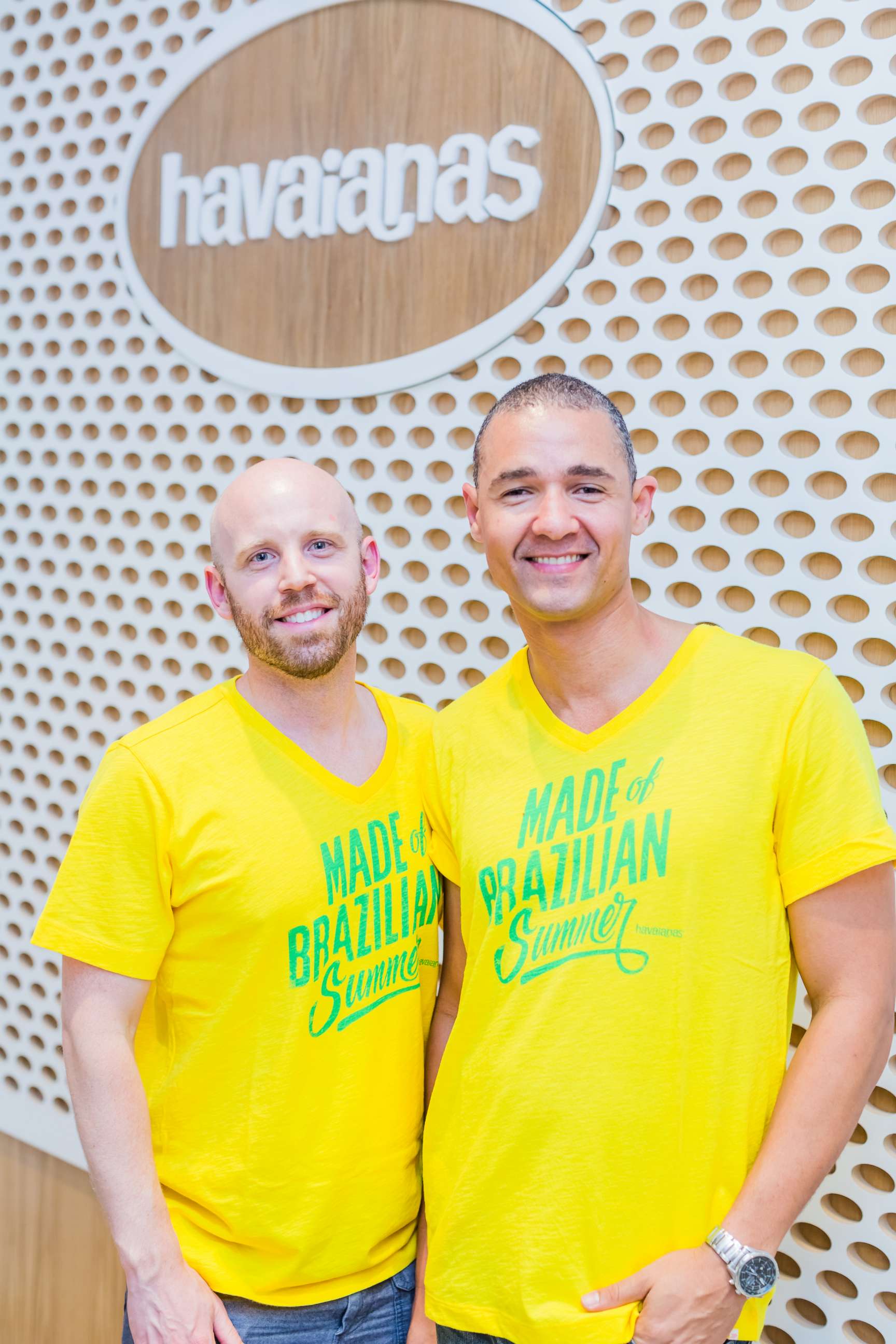
In the case of franchises, Abrams said, they can often turn to their corporate headquarters for information and help understanding their options.
While that support was not a luxury available to Lindley, he was still better positioned than many to apply for the loan. After he was forced to temporarily close his shops in Palm Springs, California, and Scottsdale, Arizona, he wrote lawmakers to ask for help and paid close attention to the relief bill as it passed through the chambers of Congress. He also had an existing relationship with a community bank, allowing him to sidestep some of the issues small business owners attempting to take out their first loan are confronting.
But as he started the application process on Monday, Lindley learned that Paycheck Protection Program loans are determined by a business' average monthly payroll costs for the previous year, not his current employee headcount.
Lindley opened his second location just last fall, and when the first cases of COVID-19 started to crop up in California, he had just finished staffing up for his stores' busy season. The loan he could apply for did not reflect the size of his expanding business.
Lindley said he submitted an application for a loan of about $40,000. He has not yet heard if it was approved or denied.
"I just closed out payrolls past Monday," Lindley said, adding he no longer has the resources to continue sending out paychecks. "Two weeks from now, I need the PPP."
Adding to many small business owner's anxieties, Abrams said, is the fear that the Paycheck Protection Program's well could run dry before they receive their loans, or even their approvals.
"When you read that two banks together, in the first day, have given out almost $50 billion of the $350 billion, you don't need to be Einstein to figure out how that could run out," Abrams said.
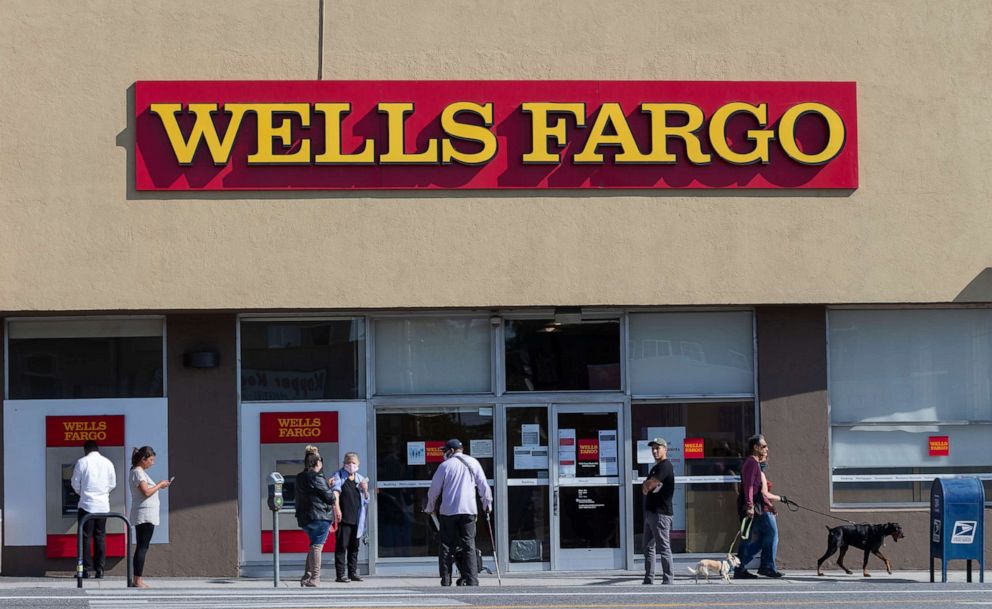
President Donald Trump also said at a Friday briefing that small business owners who are applying for PPP loans are starting to get that money so they can continue to pay their employees.
"The banks are getting started with the distribution," he said. "They have taken thousands and thousands of applications. The numbers aren't even believable, the number of applications. They’re swamped. Bank of America, and Wells Fargo, and I guess now Citibank is just now kicking in, and also what nobody is talking about is the commercial banks, the community banks."
Trump said that in some instances community banks "frankly are the easiest ones in terms of getting the money out."
Tune into ABC at 1 p.m. ET and ABC News Live at 4 p.m. ET every weekday for special coverage of the novel coronavirus with the full ABC News team, including the latest news, context and analysis.
On Thursday, Democrats blocked a request from Senate Majority Leader Mitch McConnell to unanimously approve a $250 billion replenishment fund for the Paycheck Protection Program, demanding more aid for hospitals and other needs be passed as well.
But even if Congress breaks through the partisan impasse, the basic structure of the program remains the same, and qualifying larger businesses will be able to claim more of the funds, up to a limit of $10 million each.
"Bigger businesses are far more likely to have better access to credit, potentially cash reserves, and also to be able to negotiate private deferrals of many costs, " said Tracy Loh, a fellow with the Brookings Institution.
"If these resources are finite, and it certainly seems like they are, they should have been reserved for the smallest businesses, who don't have the leverage to get any other form of relief," Loh said. "If we don't have more effective relief for American small businesses than this, then the recession that we're already in will turn into a depression."
What to know about coronavirus:
- How it started and how to protect yourself: Coronavirus explained
- What to do if you have symptoms: Coronavirus symptoms
- Tracking the spread in the U.S. and worldwide: Coronavirus map
Other federal programs that may seem tailored to smaller operations actually favor bigger enterprises, according to Loh. The Federal Reserve announced details for its Main Street Lending program, and while small businesses are eligible, the minimum loan size is $1 million.
"I think the name of the program is a misnomer," Loh said. "This program is intended for midsize businesses with high multimillions or even billions in gross revenues and hundreds of employees. That's not Main Street."
But others say any business in the hardest-hit industries should have access to as many forms of assistance as possible.
"The coronavirus shutdowns are a tidal wave. It's crashing over every restaurant, regardless of size," said Sean Kennedy, executive vice president of the National Restaurant Association. "There are established chains that are talking about permanently shutting down their operations, because they don't know if this is sustainable."
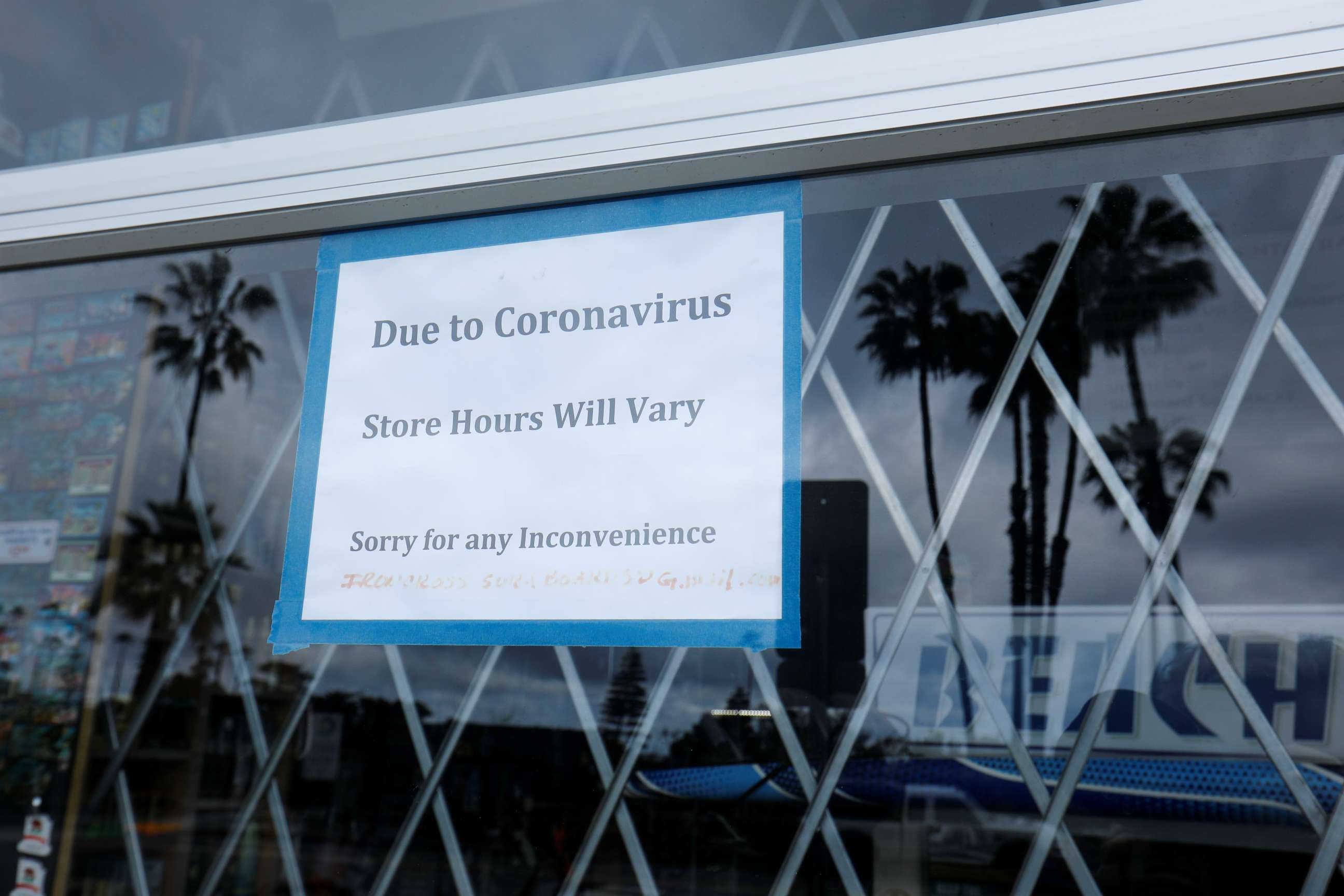
In many places racked by the pandemic, restaurants were the first businesses forced to close -- some, as early as mid-March.
"You average restaurant has about 15 days of cash on hand," Kennedy said "We are approaching week four."
And for the 15.6 million workers that make up the restaurant industry, short of federal aid, there may not be any relief in sight.
"What we saw after [Hurricane] Katrina, after [Superstorm] Sandy, even after 9/11 to an extent, is that people do not immediately start going back in and packing the houses of restaurants. So even when the health order comes in that we can reopen, we're in for a long slog before restaurants can be sustainably profitable," Kennedy said.
Though some restaurants, like Denny's, have been able to retain some sales through pick-up and deliveries, Lindley can't conduct business outside of his brick and mortar stores. A licensee of the footwear brand Havaianas, he's only able to sell the product in certain areas, so online retail isn't an option.
As Lindley waits to hear if he will receive funding for his workers' next round of paychecks, the busy season he staffed up for just a few months ago is slipping away.
"Our season is March to June," Lindley said. "So that's how we pretty much pay the bills for the whole year."
